
Starbucks Cold Brew Coffee Popsicles
With only 4 ingredients needed, these Starbucks Cold Brew Popsicles are only 70 calories and are a great boost of energy!

If you would’ve asked me 10 years ago if I’d ever go vegan my response would’ve been, “Uhhmmm, no.”. Veganism is something my younger self never saw coming, but here I am…living the lifestyle and making it happen. On June 8th 2014, I decided I wanted to become vegan. For me, vanity is what drew me to the lifestyle; I wanted to enhance my health and felt this was the best decision. People choose to go vegan for many different reasons. However, my reasoning grew overtime which has kept me on the lifestyle for as long as I have been.
Going vegan didn’t happen overnight for me; it was a gradual transition that happened over the course of years. In the later parts of 2007 I stopped eating red meat, then about a year later I let go of poultry. Starting the year 2009 off without eating meat and poultry, I went pescatarian. I ate a pescatarian diet for about 5 years before going vegetarian. I was vegetarian for about 3 months before transitioning over to a plant-based diet then after I transitioned over to veganism.
It’s important to understand that going vegan may not be feasible for everyone; it can be challenging at times, but also rewarding. Veganism, in itself, is a selfless lifestyle. You have to make a conscious effort to be the change you want to see in the world; wanting to make a positive difference not just for the sake of humanity, but for our planet and for all animals & wildlife.
It’s also important to understand that being vegan doesn’t mean you have to live by some strict rule book or code. Living a vegan lifestyle is about doing your best to give back to our planet(our ecosystems & wildlife), reduce climate change, advocate for animals, and support humanity. My best, your best and someone else’s best may look very different at times
…and that’s okay.
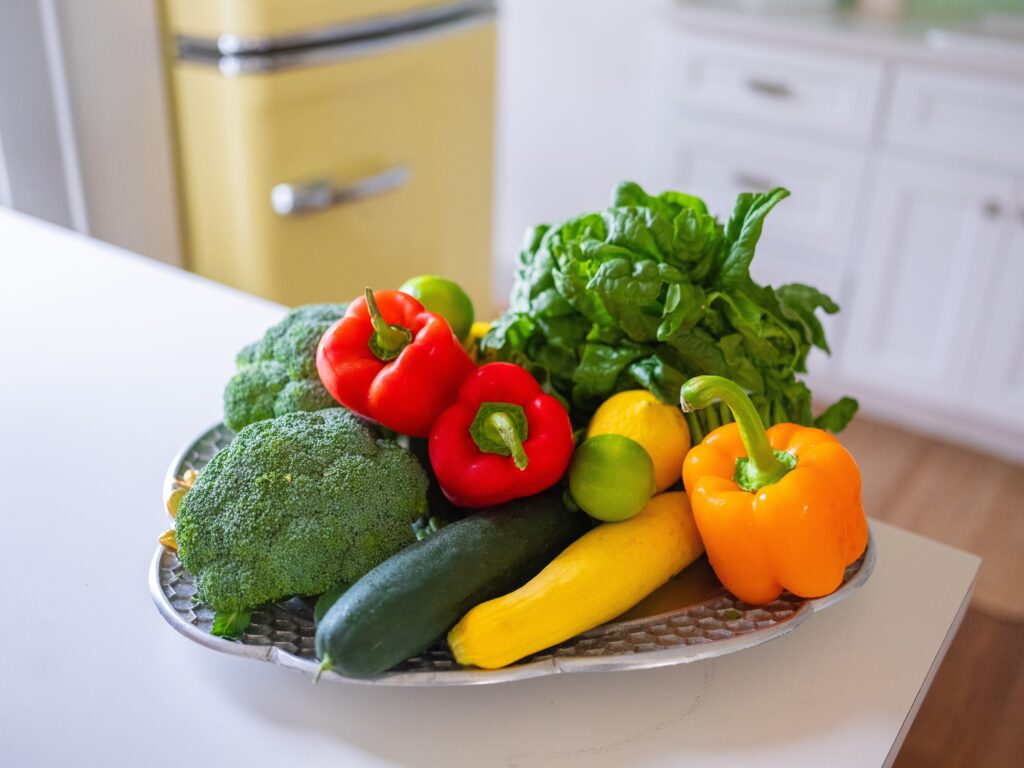
I enjoy eating plant-based foods. My body feels well-nourished, energetic, healthy and I’m still able to build muscle. A plant-based diet rich in a variety of wholesome nutrient dense foods such as fruits, vegetables, grains, legumes, nuts/seeds, etc can provide numerous health benefits. If well planned a vegan diet can provide all the necessary nutrients needed to support a healthy diet. Studies have shown that vegans have a lower risk of heart disease, high blood pressure, type 2 diabetes, certain types of cancers and can help cure certain chronic diseases.
I didn’t go vegan because I have or had health problems. It was simply a choice I made based on research I read, documentaries I watched and from being inspired by the online vegan community(during the time I went vegan).
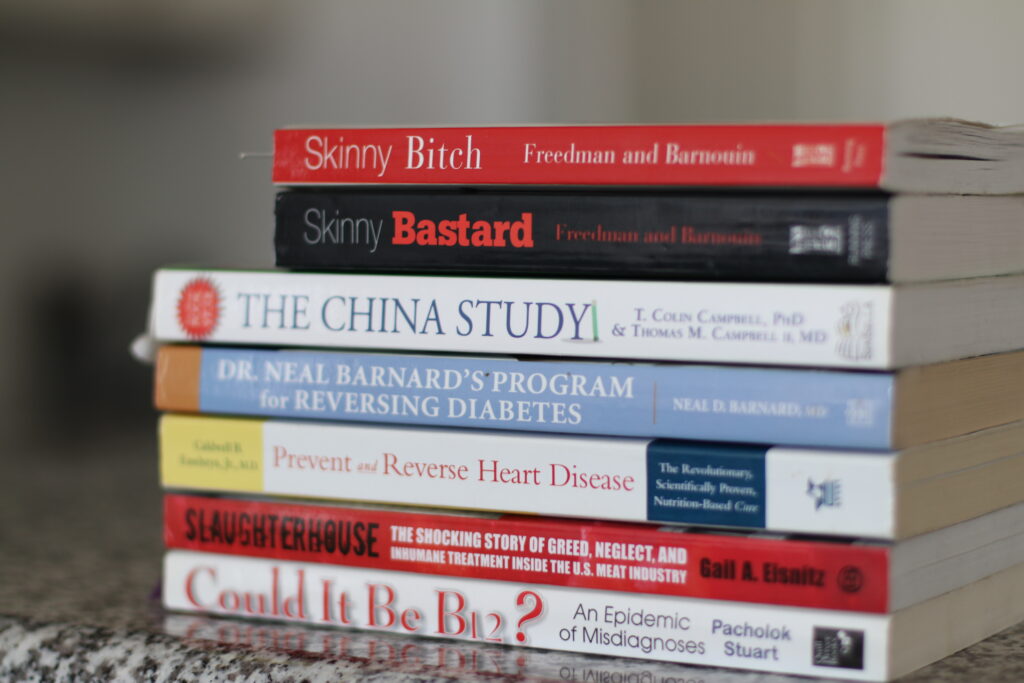
Here are a list of resources that have shined a lot of light on veganism and health in general for me:
Documentaries:
Books:
Vegan Sites:
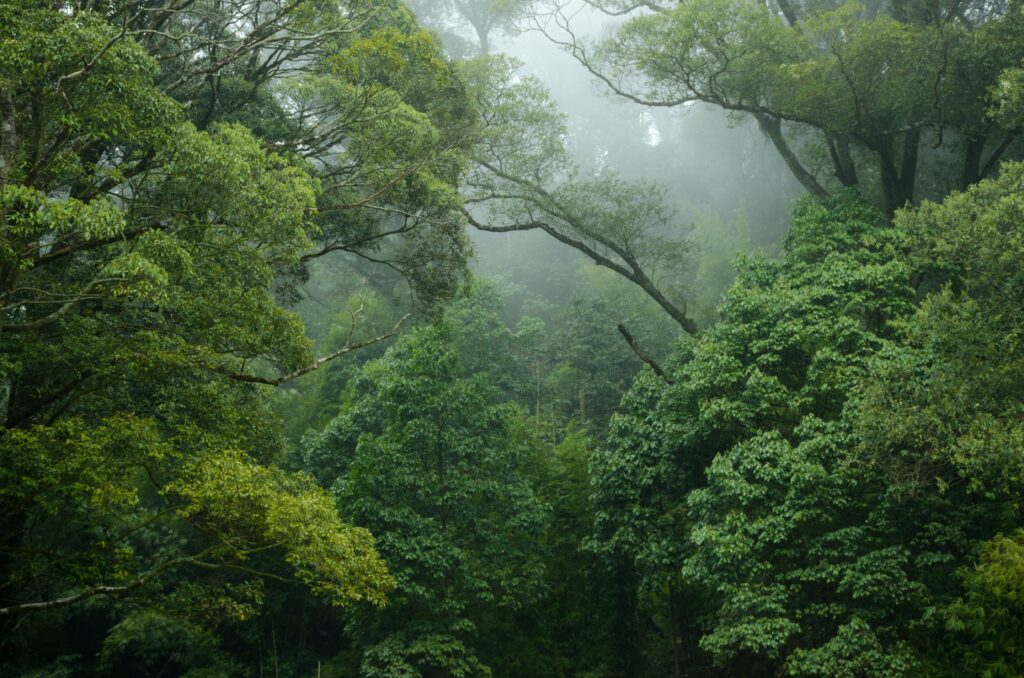
I love being in nature; it’s a way for me to disconnect and connect at the same time. Knowing the importance of the trees, plants & wildlife and their impact on human survival is a vital reminder to not only be grateful for their contribution, but to be more eco-friendly and mindful of practicing sustainability as best I can.
Adopting a vegan lifestyle has a positive impact on the environment and our ecosystems. Eating a plant-based diet helps to reduce the human carbon footprint, it requires less resources, and produces fewer emissions compared to the animal-based diets. Animal agriculture is a significant contributor to environmental problems such as deforestation, greenhouse gas emissions, global warming, water pollution, and habitat destruction. Cultivating livestock for human consumption is the leading cause of climate change and the destruction of our planet’s rainforests, wildlife, and ecosystems.
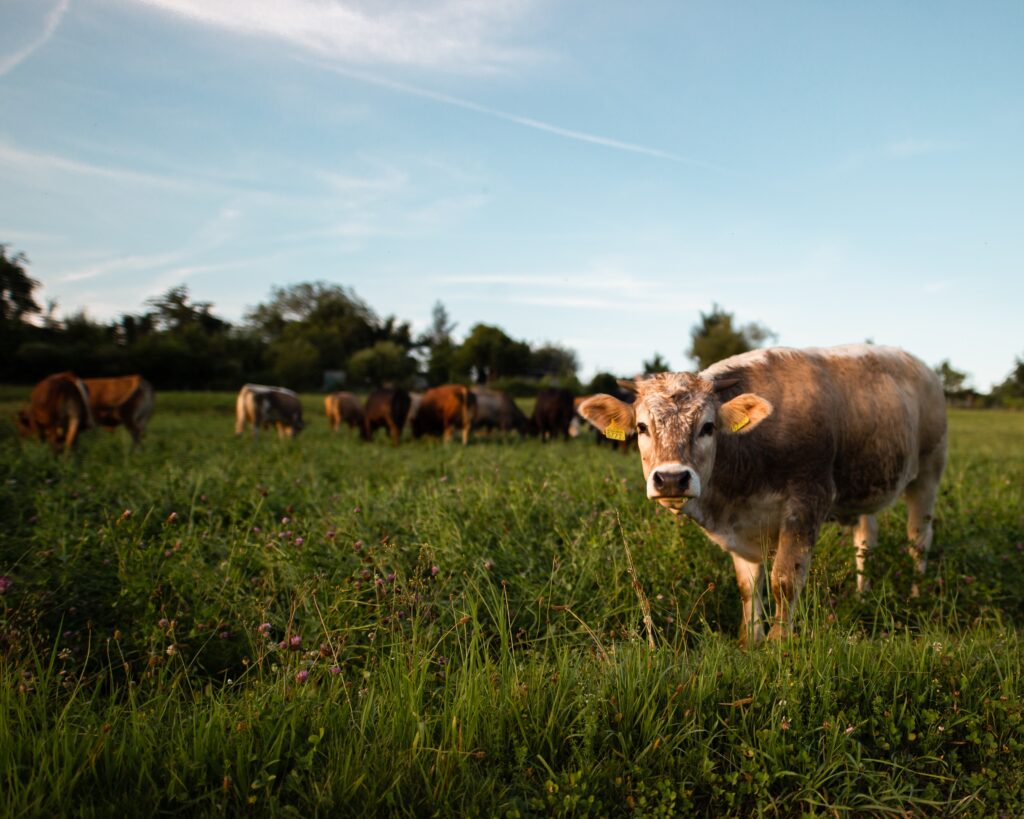
Like humans animals feel pain, have the ability to suffer, and experience emotions. It’s unfortunate that they are treated like commodities and are unnecessarily exploited for entertainment, clothing, food, and cosmetic testing. Animal cruelty is something that both domestic and wild animals experience. Animal rights is a complex topic; the views and opinions can vary greatly, but the goal is to create a world that has more empathy and compassion for animals outside of ethical reasons. Not subjecting them to unnecessary suffering and understanding that they play a vital role in our ecosystems. Without them our planet and the human species fails.
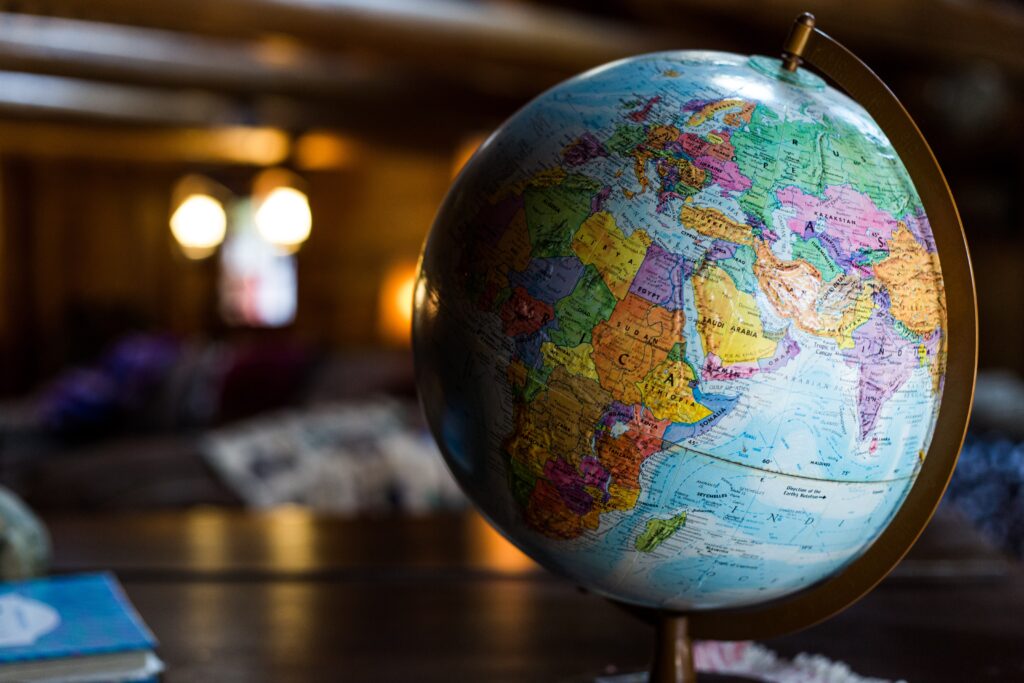
I have worked with children for years and seeing how some of them don’t have access to food on a consistent basis breaks my heart. World hunger isn’t something that happens only in third world countries, it is happening right here in the USA too.
Choosing to eat more plant-based foods can have many positive effects on addressing world hunger and promoting food security. A plant- based diet requires fewer resources such as land, water, and energy in comparison to animal-based diets. By decreasing the demand for animal products we can free up more crops for direct human consumption; potentially feeding more people with the available resources and reducing food scarcity. Eating plant-based can potentially be more affordable for people in low-income communities, making nutritious options more accessible to a greater population of people.
With an overpopulated planet( and a growing human population). A plant-based diet is a more sustainable agricultural practice, longevity wise, compared to animal agriculture(a major contributor to climate change). We can lower the greenhouse gas emissions caused from cultivating livestock which could then alleviate the impact of climate change on food production simply by eating more plant-based options.
While a complete global shift to a plant-based diet may seem far-fetched for many countries and cultures, encouraging and promoting more sustainable food choices, such as a plant-based diet, can play a significant role in combating world hunger and building a more food-secure future.
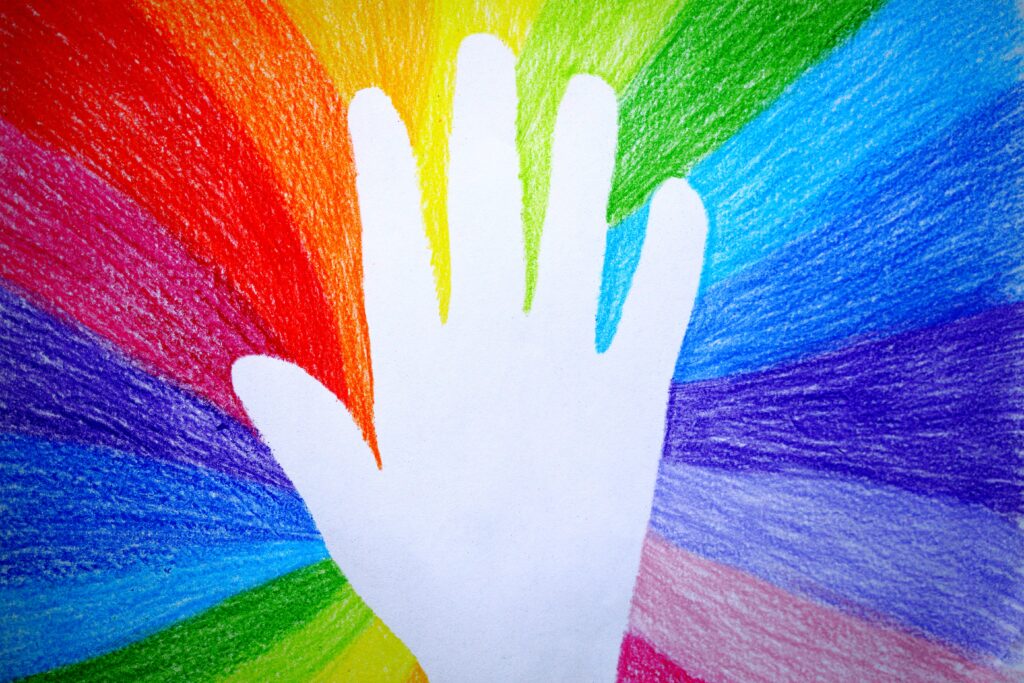
Outside of going vegan you can support our planet, animal rights, and/ or help end world hunger by donating to or volunteering at any of these organizations below:

With only 4 ingredients needed, these Starbucks Cold Brew Popsicles are only 70 calories and are a great boost of energy!

This vegan-friendly Peaches & Cream oatmeal combo is hands down my fave breakfast for Summer 2023. It’s nutritious and loaded with 30g of plant-based protein!
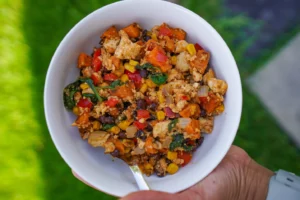
This Southwest Tofu Veggie Skillet is one way I get a variety of wholesome foods and nutrients in just one meal. Packed with vibrant flavors and colors this plant-based meal is super filling and can be eaten any part of the day!